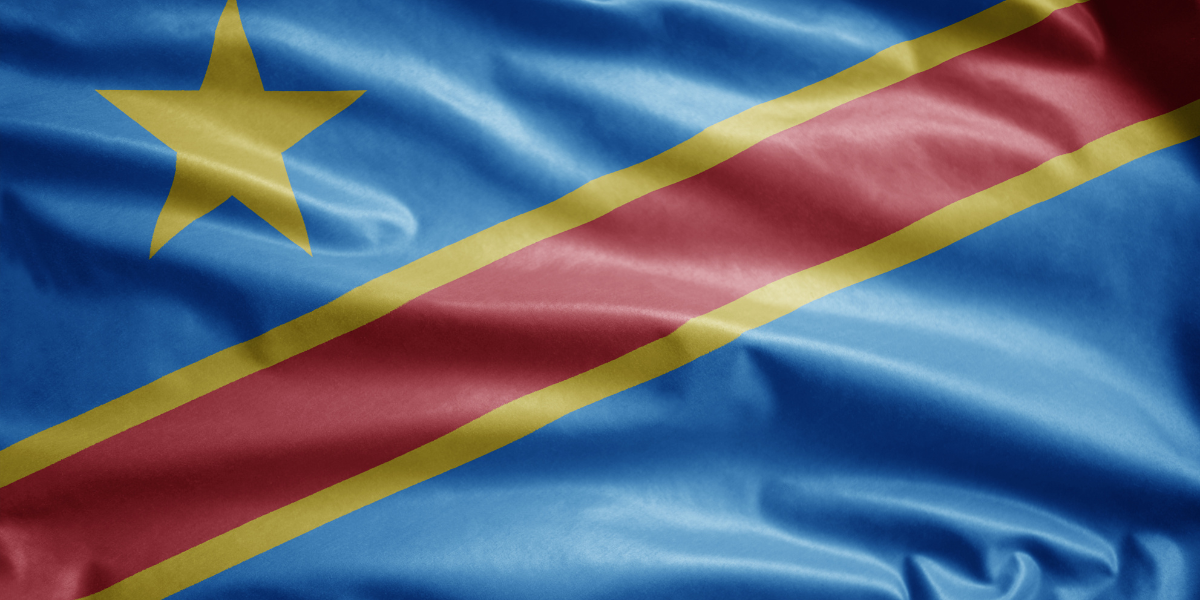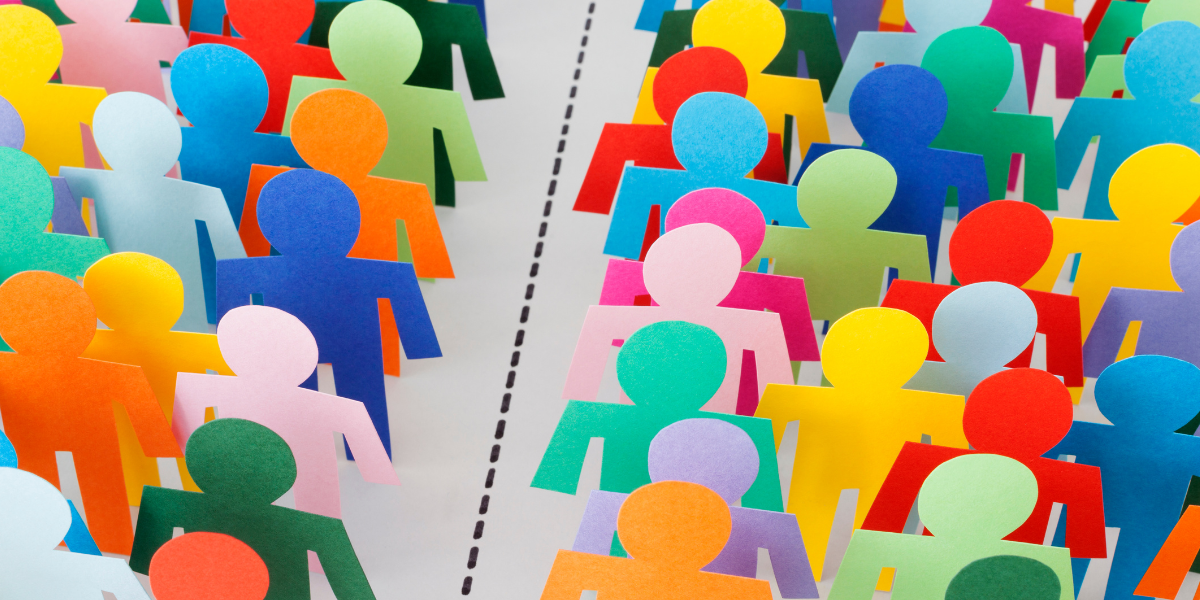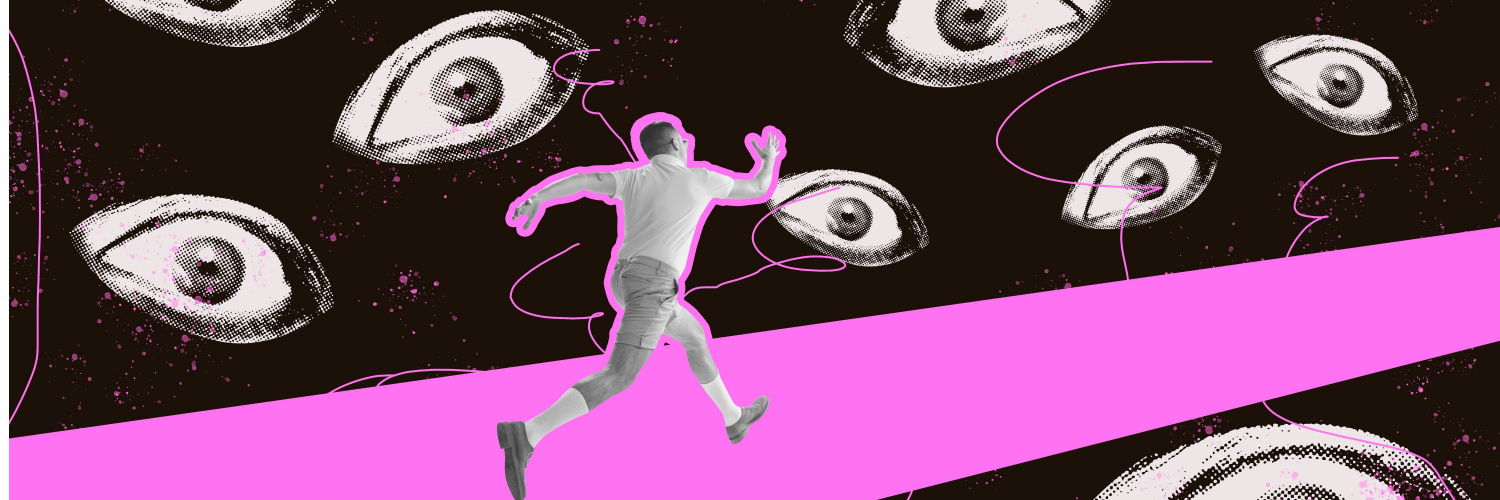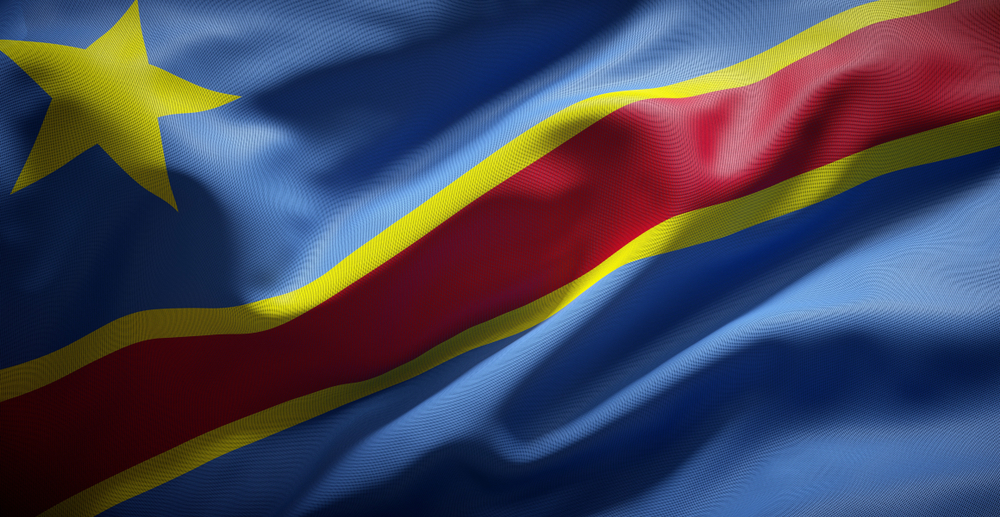Coalition for democratic reform in West Africa takes shape in Dakar
On 6 and 7 September 2022, the United Nations Office for West Africa and the Sahel (UNOWAS), United Nations Development Programme (UNDP), Open Society Initiative – West Africa (OSIWA), Kofi Annan Foundation (KAF), and National Democratic Institute (NDI) organised a colloquium on the Enhancement of Democracy and Good Governance in West Africa. Kofi Annan Foundation Senior Advisor Sébastien Brack summarises the results.
UNDP Africa Regional Governance and Peacebuilding Coordinator Rosalyn Akombe speaking at the opening session of the colloquium in Dakar on Sept. 6 and 7, 2022. Also pictured (L-R): NDI Director for West and Central Africa, Chris Fomunyoh, Deputy Special Representative of the Secretary-General and UNOWAS Deputy Head Giovanie Biha and Kofi Annan Foundation Senior Advisor Arnauld Akodjenou.
Recent coups in Mali, Guinea and Burkina Faso have drawn international attention to West Africa’s democratic backsliding, all the more regrettable since the region experienced the most far-reaching democratic transitions on the continent in the nineties. “The coups are symptoms of the growing dissatisfaction with flawed democratic systems in the region,” Kabiné Komara, a former Prime Minister from Guinea, stressed in his opening remarks at the colloquium.
“…only 14% of West Africans are satisfied with their democratic systems.”
Read the full speech delivered by His Excellency Prime Minister Komara.
Afrobarometer, a renowned polling organisation based in Ghana, finds that only 14% of West Africans are satisfied with their democratic systems, even as over 70% express support for democracy in general.
The Kofi Annan Foundation, United Nations Office for West Africa and the Sahel (UNOWAS), National Democratic Institute (NDI) and Open Society Initiative for West Africa (OSIWA) convened a colloquium to examine how West Africa can shore up democratic standards in the region, in particular through the development of new norms on term limits. Over sixty experts and practitioners from the UN, the African Union, ECOWAS, think tanks, political parties and academia discussed regional trends and how to reverse them.
A working group from the colloquium on the Enhancement of Democracy and Good Governance, Sept. 6-7, 2022 in Dakar. The group was tasked with considering how to improve the integrity of elections in West Africa. Photo courtesy of UNOWAS.
The experts pointed out the strides made in the region since the nineties, especially the professionalisation of election commissions, observation by local civil society organisations and marked improvement in electoral processes. However, most states in the region have not made enough progress against poverty, lack of economic opportunities, insecurity, and corruption. The multiplication of controversial third terms can also be a trigger for coups to remove unpopular leaders who hang on to power beyond their due dates.
More fundamentally, Mr Komara stressed that “ECOWAS has to evolve from a club of heads of state to a community of peoples.”
Although there was much discussion of failed attempts in 2015 and 2021 to add term limits to ECOWAS’ Additional Protocol, the colloquium concluded that the democratic reform agenda shouldn’t limit itself to this diplomatically sensitive objective.
Other matters are also vital to reverse the democratic backsliding in the region. The independence, and perceived independence, of institutions like election commissions and constitutional courts, in particular, are paramount to building trust in the electoral process and, therefore, acceptance of results. Participants cited the example of Ghana’s dialogue platform between political parties and the election commission to build transparency and trust in the electoral process.
Monique Kama, a presidential candidate from Burkina Faso, highlighted the need for political parties, including those in opposition, to become more democratic and inclusive of women, youth and minorities to prepare a new generation of democratic political leaders.
In addition, seemingly technical measures such as creating credible and up-to-date civil registers to track births and deaths accurately would considerably reduce the scope of manipulation of electoral rolls in the run-up to elections.
It is also important to note the growing role of social media in mobilising the electorate, particularly young people, and the need for election commissions and authorities to monitor and sanction disinformation and hate speech in collaboration with tech companies, media and civil society.
Learn more about how we can mitigate the risks of digital innovation to our elections while harnessing the opportunities to strengthen democracy worldwide in the KACEDDA Final Report.
Kofi Annan Foundation Senior Advisor Sebastian Brack (fourth from left) discussing ECOWAS’s democracy protocol with Rosalyne Akombe (third from left) from UNDP Africa, Emmanuel Okorodudu, Head of Democracy and Good Governance at ECOWAS, Gilles Yabi (second from left), Founder and Director of Wathi, and Professor Sall (fifth from left), from the University of Dakar.
The UN Special Envoy for West Africa and the Sahel, Dr Mohammed Saleh Annadif, committed to taking up the democratic reform agenda with the region’s leaders to stave off the risk of further political instability and coups. All organisations at the colloquium committed to helping the Special Envoy in these efforts.
Arnauld Akodjenou, Kofi Annan Foundation Senior Advisor for Africa, recalled the famous words of Senegal’s first president, Leopold Sédar Senghor, “we don’t inherit our countries from our parents; we borrow it from our children,” stressing that participants had a duty to the region’s leaders who democratised West Africa in the nineties to shore up and pursue their achievement for the next generation.
Mr Annadif Khatir Mahamat Saleh (third from left), Special Representative of the Secretary-General and Head of United Nations Office for West Africa and the Sahel (UNOWAS) leading the closing session of the colloquium in Dakar on Sept 7, 2022.
Read the press release issued at the end of the colloquium.
Learn more about the Kofi Annan Foundation’s work supporting democracy in West Africa: Kofi Annan Peace and Security Forum and Democratic Backsliding in West Africa: Nature, Causes, Remedies Report.



